
AUSTRALIA
Royal Prince Alfred Hospital, Sydney, Australia One of the oldest hospitals in Australia, opened in 1881. Ranked 56 in the top 100 hospitals in the world (Newsweek, 2025).

BRAZIL
Hospital Israelita Albert Sabin, São Paulo, Rio de Janeiro, Brazil is currently ranked 22 in the top 100 hospitals worldwide (Newsweek, 2025) and is considered the best in Latin America.

CANADA
Toronto General – University Health Network, Toronto. Ranked 3 in the top 100 hospitals worldwide (Newsweek, 2025) and one of the oldest hospitals in Toronto (1819). Performed the world’s first single lung (1983) and double lung (1986) transplants.

DENMARK
Rigshospitalet – København Largest and most specialised hospital in Denmark. Ranked as 21 in top 100 hospitals worldwide (Newsweek, 2025).
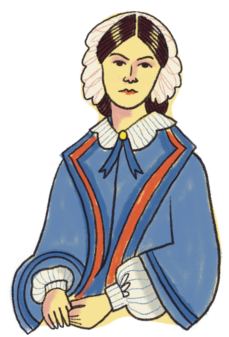
ENGLAND
Known as the founder of modern nursing, Florence Nightingale (1820–1910) made history advocating for human rights. First woman to be awarded the British Order of Merit.


FRANCE
Françoise Barré-Sinoussi discovered HIV alongside Luc Montaigner which was proven to be the cause of AIDS. She was awarded the Nobel Prize for this work in 2008.
Pitié Salpêtrière Orthopaedics and Traumatology. Today, the School of Spinal Surgery at the Pitié Salpêtrière Hospital is the leading hospital in France. Ranked 8 in the world (Newsweek, 2025).
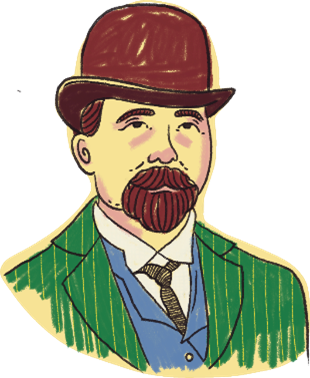

GERMANY
Felix Hoffman is credited with the development of aspirin in 1899.
Charite University Hospital Berlin. Ranked 6 in the world (Newsweek, 2025) and is Europe’s number 1.
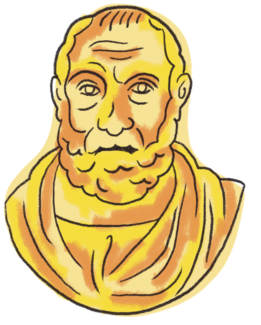
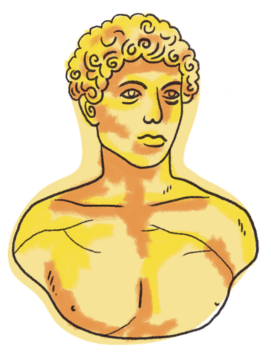
GREECE
Hippocrates is known as the “Father of Medicine” and credited with the Hippocratic Oath.
Galen was a Roman and Greek physician, surgeon and philosopher. He helped develop different scientific disciplines including anatomy, physiology, pathology and pharamacology.

HUNGARY
Albert Szent-Györgyi was a Hungarian biochemist credited for isolating vitamin C and discovering the components of the citric acid cycle. He was awarded the Nobel Prize in 1937.

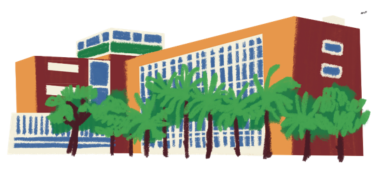
INDIA
Sushruta is known as the “Father of Surgery” and was a pioneering figure in ancient Indian medicine. His contributions influenced the field of surgery especially cosmetic and medical practices. He is credited with the authorship of the “Sushruta Samhita” which is considered to be one of the most important surviving texts on medicine.
All India Institute of Medical Sciences (AIIMS} Hospital in New Delhi, India is in the top 100 hospitals worldwide and known for its super-speciality tertiary care and specialised training facilities.

IRAQ
Hamurrabi was a former King of Babylon and credited with the Code of Hammurrabi which was a collection of laws related to medicail practice including, fees, penalties for malpractice and the use of proper training of clinicians.

IRELAND
Francis Rynd invented the hypodermic needle used in syringes in 1844 and subsequently administered the first recorded injection.

ITALY
Santorio is considered the father of experimental physiology and invented several medical devices including the pulsiloguim (device used to measure the pulse rate) and the thermoscope (the precursor to a thermometer).
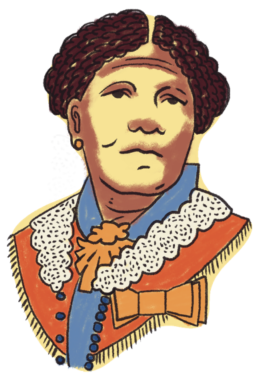
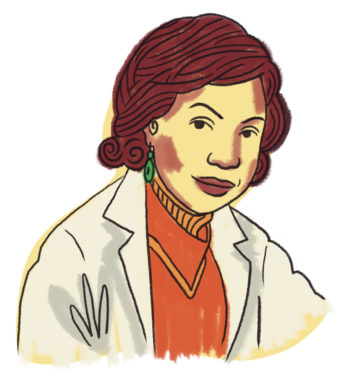
JAMAICA
Mary Seacole was a pioneering figure in medical professions due to her status as a mixed-race woman in the 19th century. She travelled the world, ran businesses and helped those in need despite dangerous conditions. She is best known for her work as a nurse in the Crimean war.
Yvette-Francis McBarnette was a paediatrician who pioneered the treatment of children with sickle cell anaemia.
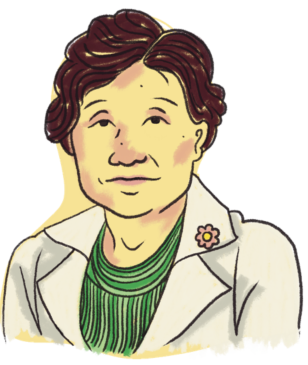
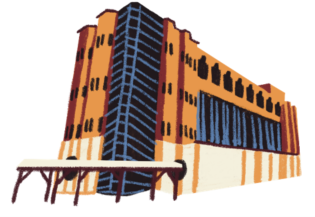
JAPAN
Tsuneko Okazaki is a Janpanese pioneer of molecular biology and known for her work on DNA replication. In particular Okazaki fragments which are short sequences of DNA synthesized discontinuously.
University of Tokyo Hospital is ranked as number 16 in the world (Newsweek, 2025).
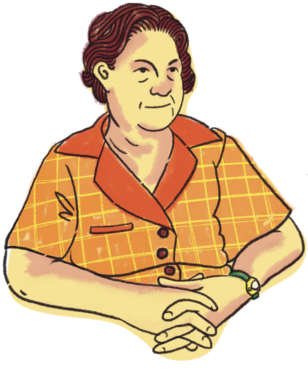
LEBANON
Saniya Habboub was the first Lebanese woman to study medicine abroad and to graduate from the Woman’s Medical College of Pennsylvania, where she earned her medical degree in 1931
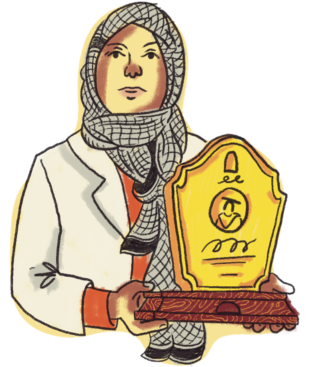
LIBYA
Dr. Khairiya Ohaida was awarded the title “Scientist of the Year 2020” in the “Medical and Health Sciences/ Clinical Medicine/ Oncology” category from the US International Achievement Research Center (IARC) for her scientific research on breast cancer medicine.


NETHERLANDS
Willem Kolff is considered to be the Father of Artificial Organs, and is regarded as one of the most important physicians of the 20th century.
UMC Amsterdam
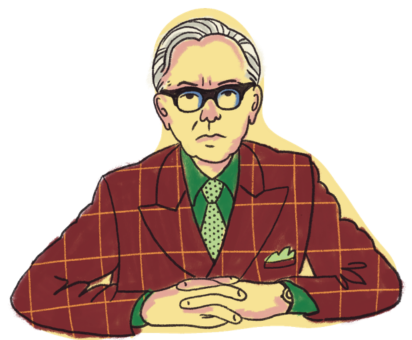
NORTHERN IRELAND (ULSTER)
Frank Pantridge was a Northern Irish physician, cardiologist, and professor who transformed emergency medicine and paramedic services with the invention of the portable defibrillator.

NORWAY
Oslo University Hospital, Norway is number 28 in the world’s best hospitals (Newsweek, 2025) and number 1 in Norway. It is also the largest hospital organisation in Europe.

POLAND
Marie Curie was a Polish and naturalised-French physicist and chemist who conducted pioneering research on radioactivity. She was the first woman to win a Nobel Prize, the first person to win a Nobel Prize twice, and the only person to win a Nobel Prize in two scientific fields.

PORTUGAL
Antonio Damasio is a Portuguese neuroscientist. Damasio’s research in neuroscience has shown that emotions play a central role in social cognition and decision-making.

RUSSIA
Mikhail Chumakov developed large scale clinical trials that led to licensing of oral Polio vaccine developed by Albert B. Sabin.
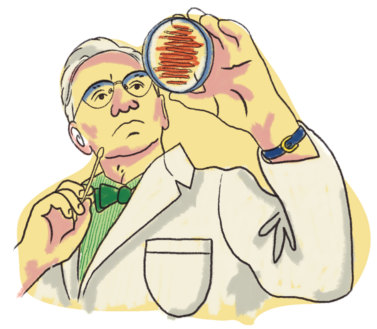
SCOTLAND
Alexander Fleming was a Scottish physician and microbiologist, best known for discovering the world’s first broadly effective antibiotic substance, which he named penicillin. His discovery in 1928 of what was later named benzylpenicillin (or penicillin G) from the mould. Penicillium rubens has been described as the “single greatest victory ever achieved over disease”.
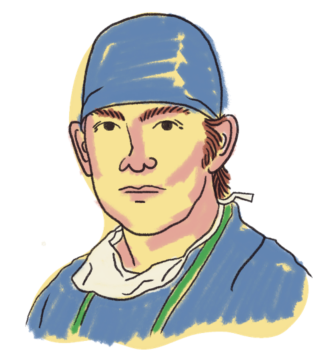
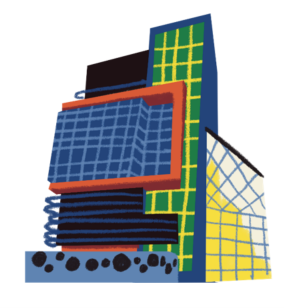
SOUTH AFRICA
Christiaan Barnard was a South African surgeon who was the first cardiac surgeon to perform a human to human heart transplant.
Africa Health Research Institute (AHRI) is a multi-disciplinary, independent health research institute based in the province of KwaZulu-Natal, South Africa. AHRI uses population-based, clinical and laboratory science to address some of the country’s most critical health challenges. These include the diagnosis, treatment and prevention of HIV, TB and related diseases.

SPAIN
Hospital Materno-Infantil in Hospital Universitario 12 de Octqubre, Madrid, Spain has a playground built into its rooftop for the child patients of the hospital.
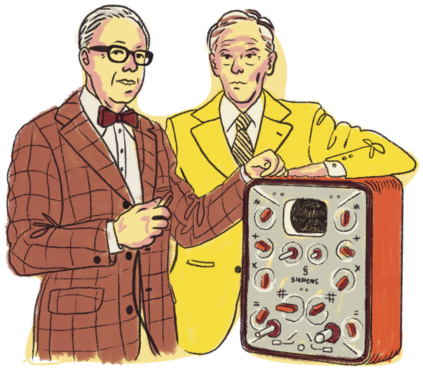
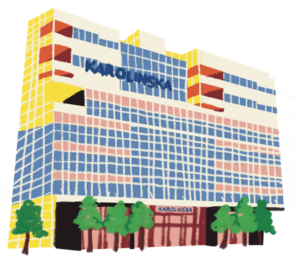
SWEDEN
Inge Edler and Carl Hertz, Pioneered the use of echocardiography, the clinical application of ultrasound for the medical diagnosis of abnormalities of the heart.
Karolinska University Hospital, Stockholm, Sweden, is ranked as the fifth-best hospital in the world

SWITZERLAND
Zurich, Switzerland

THAILAND
Bumrungrad International Hospital (Bangkok). Known for pioneering minimally invasive surgical techniques.
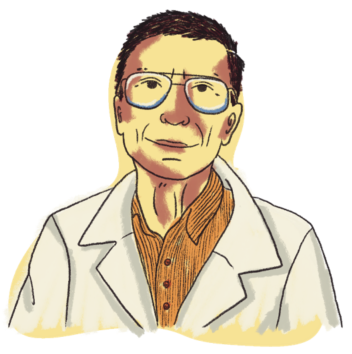
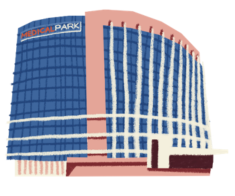
TURKEY
Aziz Sancar is a Turkish molecular biologist specializing in DNA repair, cell cycle checkpoints, and circadian clock.[5][6] In 2015, he was awarded the Nobel Prize in Chemistry along with Tomas Lindahl and Paul L. Modrich for their mechanistic studies of DNA repair.
Medical Park, Turkey.
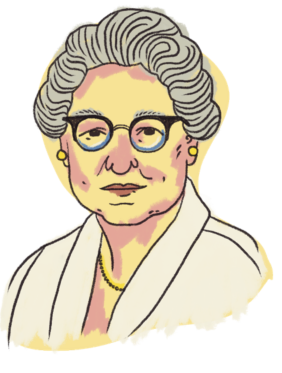

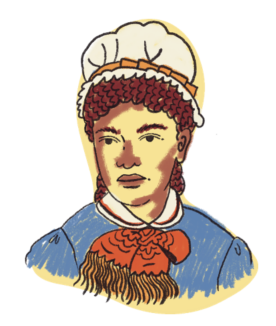
USA
Virginia Apgar Inventor of the Apgar score which is a way to quickly assess the health of a new-born child immediately after birth. The 10 point scale was developed to combat infant mortality to check a child’s breathing, skin colour, reflexes, motion and heart rate.
Dorothea Dix was an American advocate for the mentally ill and created the first generation of American mental asylums.
Mary Eliza Mahoney was the first African American to study and work as a professional nurse in the United States in 1879.
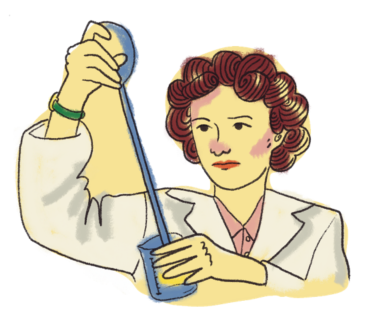
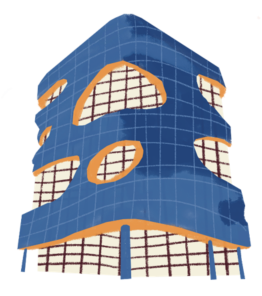
Gerty Cori – Austrian then naturalised American – First American woman, 3rd worldwide to win Nobel Prize. Awarded to her and her husband for the discovery of the metabolism of carbohydrates and in particular glycogen (cori cycle).
Mayo Clinic – Rochester in Minnesota, USA is ranked as the Number 1 hospital in the world as of 2025 in Newsweek. This aspect of the hospital is for its extensive laboratory space.
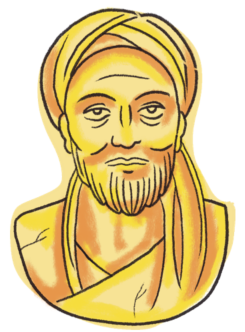
UZBEKISTAN
Avicenna (Ibn Sina) is considered the “Father of Modern Medicine” due to his work as a physician on the Canan which was taught as a medical textbook in Europe and the Islamic world until the early modern period. (Avicenna was born in around 980 AD in the village of Afshana, a small settlement near Bukhara, the capital of the Samanid dynasty in central Asia, located in present-day Uzbekistan).
